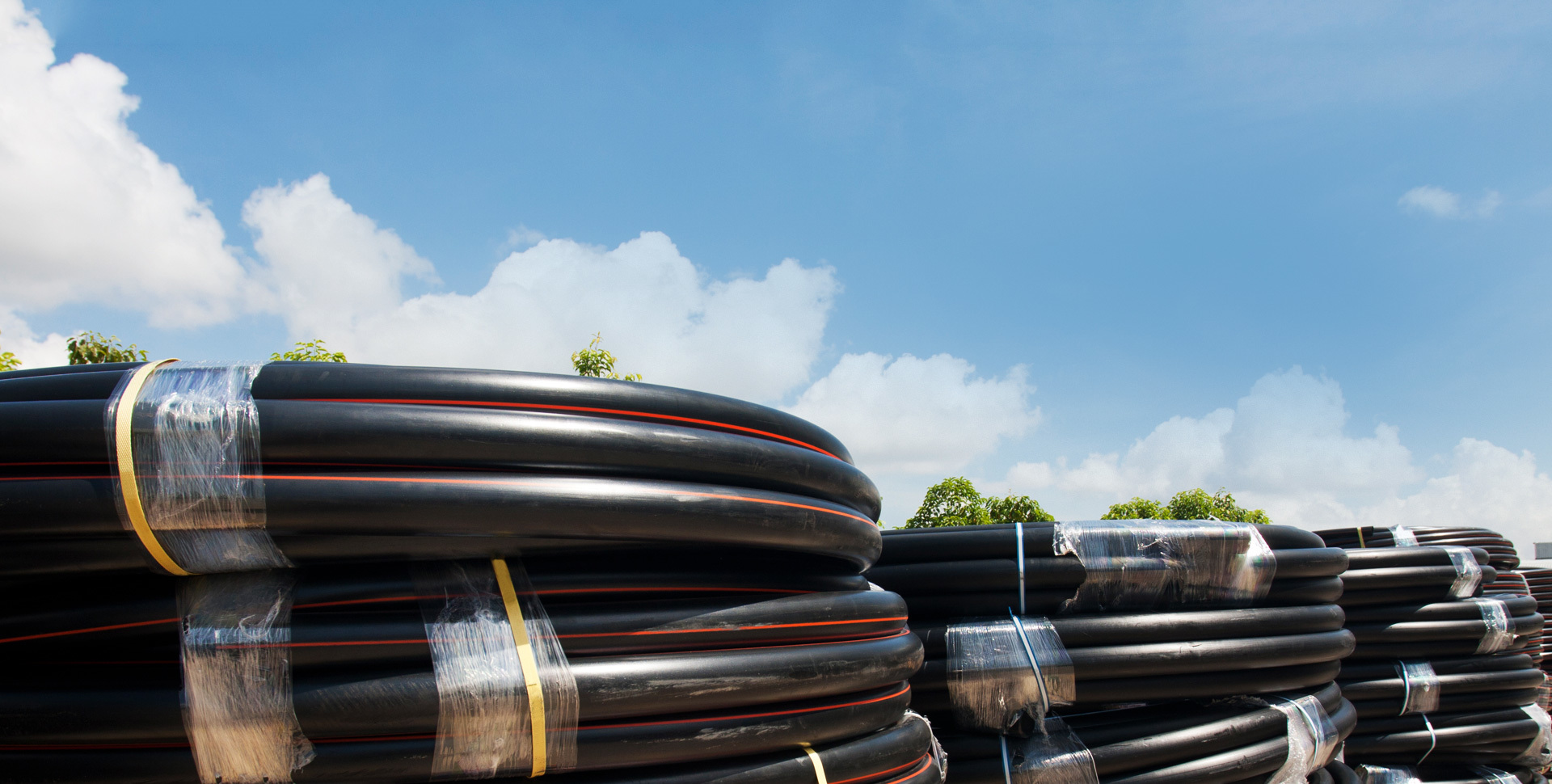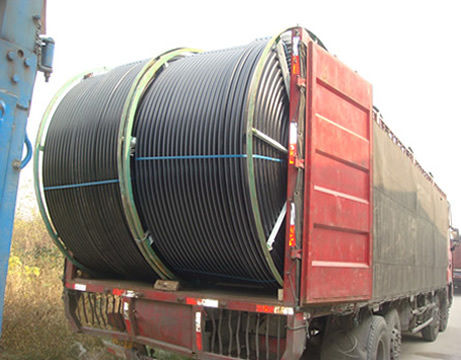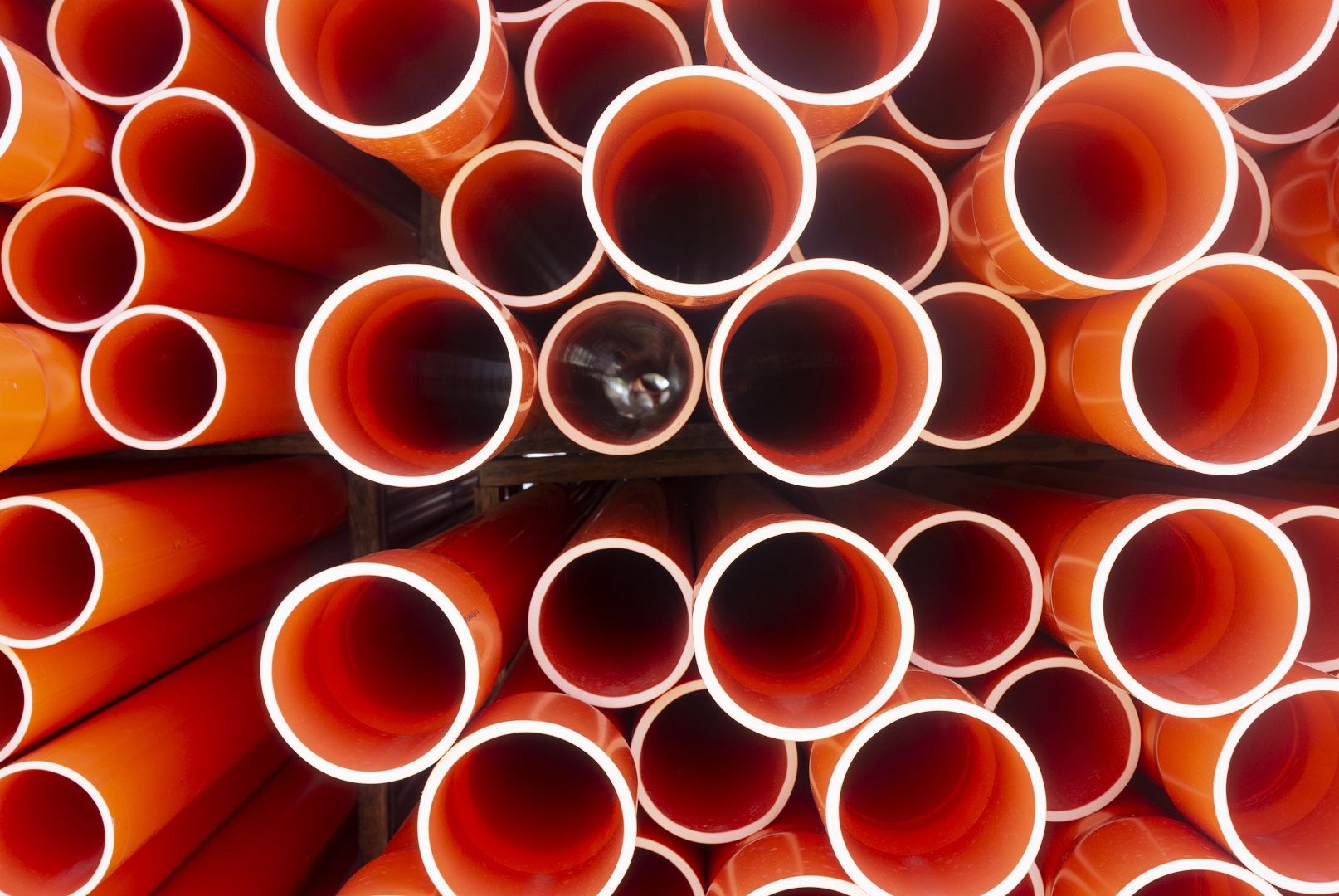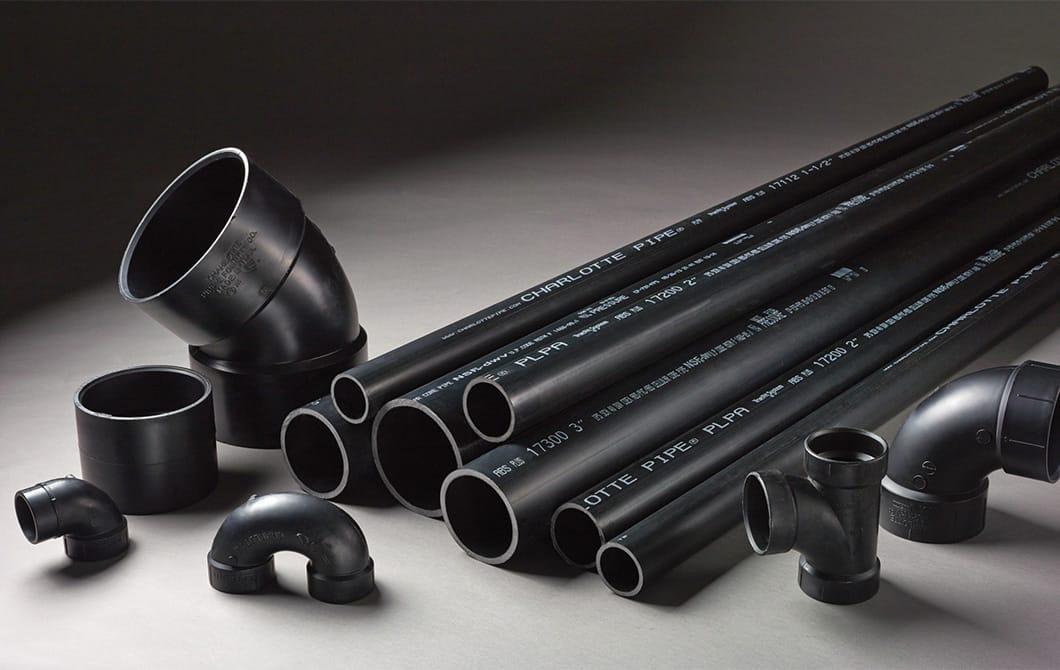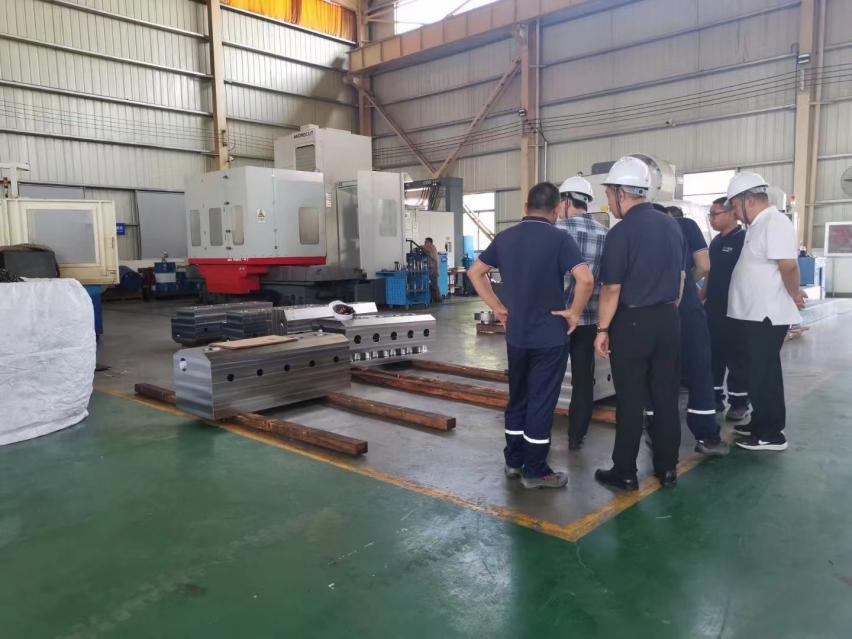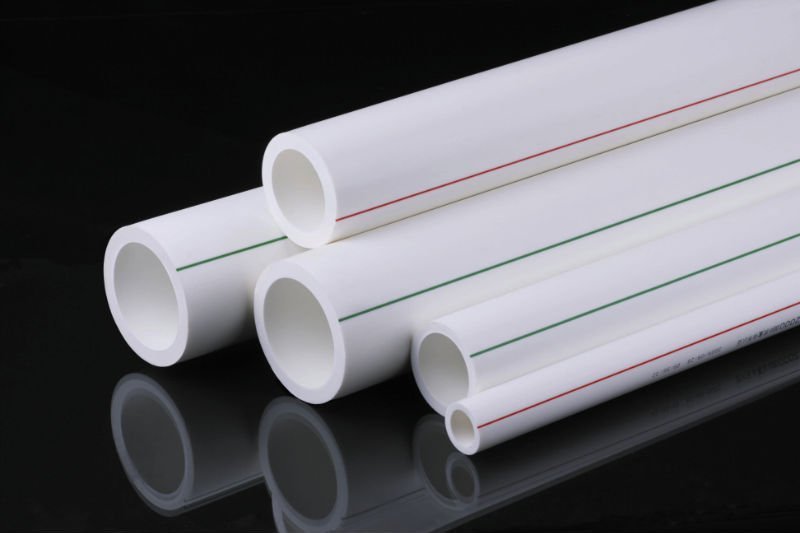Understanding Traffic Engineering Cluster Tubes in Automotive Applications
Nov 02,2024
Traffic engineering cluster tubes are essential components used in various automotive applications, particularly within the domain of rubber hoses that facilitate critical functions in vehicle systems. These tubes are designed to manage the flow of fluids, air, and other materials, ensuring optimal performance and efficiency in the automobile's operation.
One of the primary functions of traffic engineering cluster tubes is to serve as conduits for various fluids, such as coolant, fuel, and hydraulic fluids. By maintaining a consistent flow and pressure, these tubes play an integral role in preventing leaks and ensuring that the vehicle's systems operate smoothly. This is particularly important in performance-oriented vehicles, where precision and reliability are paramount.
Moreover, the design of traffic engineering cluster tubes is tailored to meet the specific demands of different automotive environments. The materials used are often chosen for their durability and resistance to extreme temperatures and pressures. For instance, rubber hoses are widely used due to their flexibility, resilience, and ability to withstand harsh conditions, making them ideal for use in engine compartments and other critical areas of a vehicle.
In addition to their functional benefits, traffic engineering cluster tubes significantly contribute to the overall safety of the vehicle. Well-engineered tubes help prevent incidents caused by fluid leaks, which can lead to engine failures or hazardous situations on the road. By ensuring that all systems function as intended, these components assist in maintaining the vehicle's reliability and safety.
Furthermore, traffic engineering cluster tubes can also improve vehicle efficiency. By optimizing the flow of fluids and reducing resistance within the system, these tubes can help enhance fuel efficiency and reduce emissions. This is increasingly important for manufacturers looking to meet stringent environmental regulations and consumer demands for greener vehicles.
As the automotive industry continues to evolve, the role of traffic engineering cluster tubes will likely expand. Innovations in material science and engineering design may lead to even more advanced solutions that enhance vehicle performance while minimizing environmental impact. Automotive manufacturers and suppliers should stay abreast of these developments to ensure they are utilizing the best possible components in their vehicles.
In summary, traffic engineering cluster tubes are vital components that significantly impact the functionality, safety, and efficiency of automotive systems. By understanding their importance and the technology that drives them, industry professionals can make informed decisions to enhance their products and ensure customer satisfaction.
One of the primary functions of traffic engineering cluster tubes is to serve as conduits for various fluids, such as coolant, fuel, and hydraulic fluids. By maintaining a consistent flow and pressure, these tubes play an integral role in preventing leaks and ensuring that the vehicle's systems operate smoothly. This is particularly important in performance-oriented vehicles, where precision and reliability are paramount.
Moreover, the design of traffic engineering cluster tubes is tailored to meet the specific demands of different automotive environments. The materials used are often chosen for their durability and resistance to extreme temperatures and pressures. For instance, rubber hoses are widely used due to their flexibility, resilience, and ability to withstand harsh conditions, making them ideal for use in engine compartments and other critical areas of a vehicle.
In addition to their functional benefits, traffic engineering cluster tubes significantly contribute to the overall safety of the vehicle. Well-engineered tubes help prevent incidents caused by fluid leaks, which can lead to engine failures or hazardous situations on the road. By ensuring that all systems function as intended, these components assist in maintaining the vehicle's reliability and safety.
Furthermore, traffic engineering cluster tubes can also improve vehicle efficiency. By optimizing the flow of fluids and reducing resistance within the system, these tubes can help enhance fuel efficiency and reduce emissions. This is increasingly important for manufacturers looking to meet stringent environmental regulations and consumer demands for greener vehicles.
As the automotive industry continues to evolve, the role of traffic engineering cluster tubes will likely expand. Innovations in material science and engineering design may lead to even more advanced solutions that enhance vehicle performance while minimizing environmental impact. Automotive manufacturers and suppliers should stay abreast of these developments to ensure they are utilizing the best possible components in their vehicles.
In summary, traffic engineering cluster tubes are vital components that significantly impact the functionality, safety, and efficiency of automotive systems. By understanding their importance and the technology that drives them, industry professionals can make informed decisions to enhance their products and ensure customer satisfaction.
Latest News

